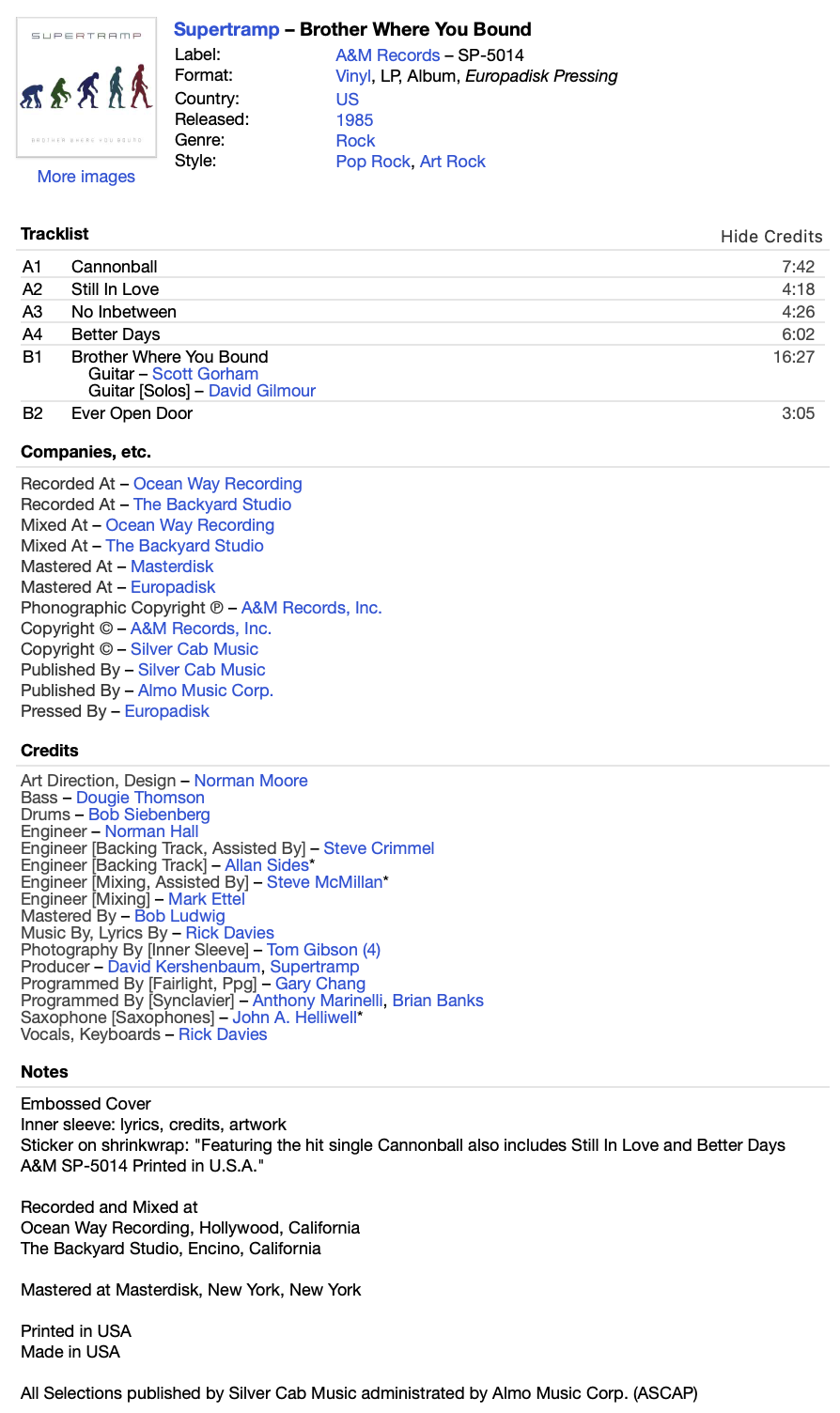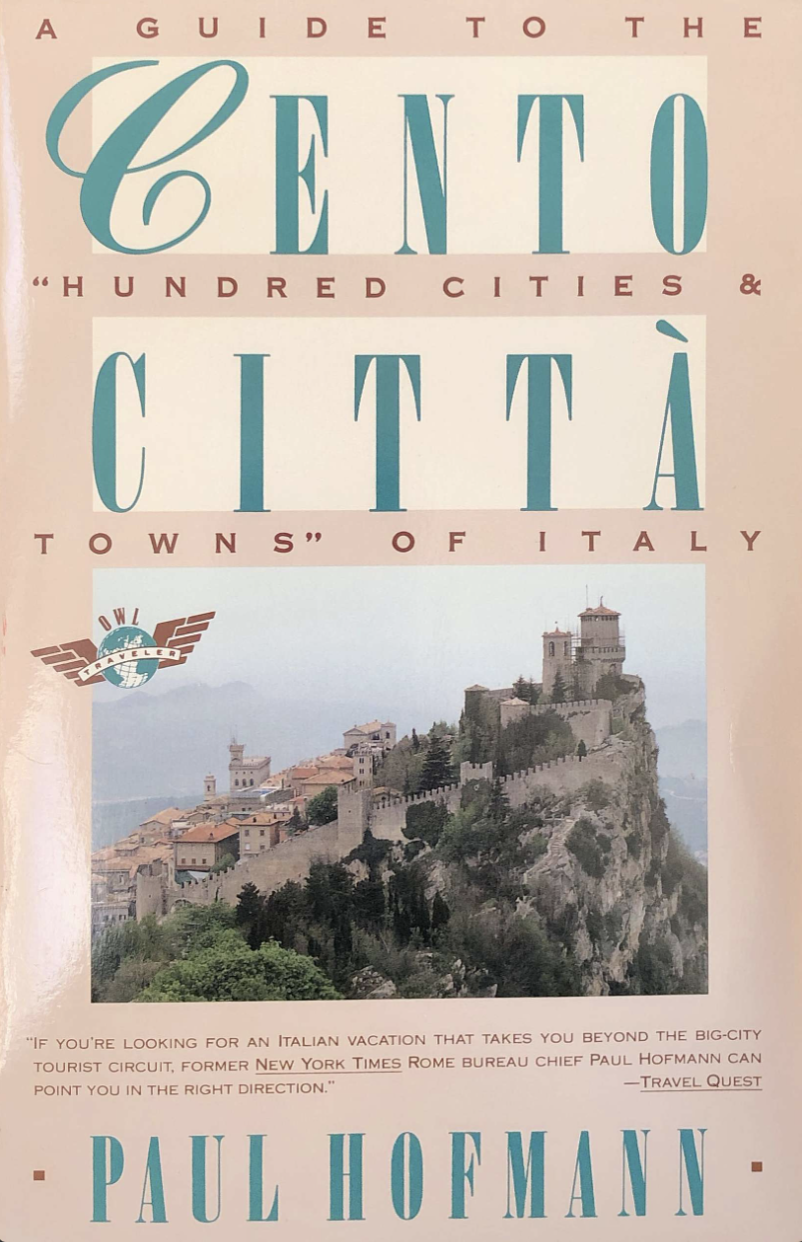28 November 2022
Kamál, 06 Qawl (Speech), 179 B.E
Seen
Hi!

Done
Below is the most recent exchange I’m having with the timebank genius, Stephen Beckett. I’m honored he takes the time to engage with me on what I consider foundational questions!
I wonder about all the possible causes of our time bank lethargy. Is it software? I don’t think so - our numbers were the best when our software was the worst. We have rewritten and improved the UI and functionality all along the way, Certainly ease of use can improve participation for the less adept… Is it the Trump era of hatred and division? That fully half the nation has gathered behind a narcissistic sociopath who has promoted permissions to all of the ugliness we are capable of and now many of us are less neighborly? Certainly, Covid has impacted us, like a final blow from a loving god to crush any remaining efforts to collaborate. Participation in the gig economy has blossomed in direct correspondence with our decline, I’m thinking about polling the members of a few of our time banks that have gone quiet, but what questions should we ask? Open-ended, like “Why are you no longer time banking?,” or more succinct like a survey: “Are you working in the gig economy?” “Are you volunteering?” “Do you have a second job?”
Ideas?
I suggest another factor. To quote a popular campaign slogan back in ‘92, “It’s the economy, stupid!” For timebanking to work in its current form requires members to have discretionary time. Over the past six years, people have been consuming more time with money matters. In other words, they have less discretionary time. The cost of basic needs is increasing, the value of one’s time earning money is decreasing, and the effectiveness of government programs in providing security is struggling at best. All that soaks up the time people have trying to survive.
The answer is simple: local communities organize to ensure the availability of all their members’ basic needs.
The roadblock is twofold. First, our economic system is built on owning and controlling access to resources and profit-making from the use of those resources. Second, our social system is built on the principle that some people are worth more than others. Those who own and control resources are worth more than those who don’t. And those who can’t “earn” enough to pay for the resources they need are expendable. With that kind of economic and social disparity, trust in the overall system – its institutions, its governance structure, and its supportive processes – is at an all-time low.
So, we need a different system – one in which people can easily participate, everyone is welcome, each can contribute their value, and all can meet their basic needs in exchange. Cooperatives provide an opportunity for members at local levels to define the rules that enable such systems to form, experiment, learn, adapt, and prevail. Timebanks, where one person’s hour is equal in value to the hour of anyone else, and cooperatives, where each contributes to the sustainability of all through acts of service, go hand in hand. Platforms, pandemics, and politics do not prevent us from getting on with it. But our attitude towards one another surely will.
I suggest we dust off hOurworld’s cooperative development materials from decades ago, update them with examples popping up worldwide, engage timebanks in the hOurworld network (like Tony’s A Learning Network or Michael’s Care and Share Time Bank or my GAVNet TimeBank) in Loomio groups, and let the rampant experimentation begin.
Noted
Astral Prospecting on Instagram | Astral Prospecting on YouTube | Astral Prospecting on Facebook
Marc Bosserman on Instagram | Marc Bosserman on Facebook | Marc Bosserman Music and Musings on YouTube
Listened
Artist - Title

Notes by Discogs.com
Read

Hofmann, Paul. Cento Città : A Guide to the “Hundred Cities & Towns” of Italy. New York : H. Holt, 1988. http://archive.org/details/centocittguide00hofm.
Bookmarked
Co-operatives UK Staff. “Co-Op Values and Principles.” Co-operatives UK. Accessed November 28, 2022. https://www.uk.coop/understanding-co-ops/what-co-op/co-op-values-and-principles.
Cole, Margherita. “Japanese Artist Cuts Black Paper Against Colored Lights to Look Like Gorgeous Landscapes.” My Modern MET, October 30, 2020. https://mymodernmet.com/hiroki-saito-paper-art/.
Design You Trust Home Page. “Design You Trust.” Design You Trust. Accessed November 28, 2022. https://designyoutrust.com/.
Design You Trust. “‘I Thought They Were Photos!’: Japanese Artist’s Exquisite Work Earns Plaudits Online,” November 2020. https://designyoutrust.com/2020/11/i-thought-they-were-photos-japanese-artists-exquisite-work-earns-plaudits-online/.
Fujiyama, Emily Wang. “As Climate Warms, a China Planner Advocates ‘Sponge Cities.’” AP News, November 15, 2022.
Johnstone, Caitlin. “The Claim That Capitalism Is the Best System for Generating Profits Is Basically Correct; It’s Hard to Beat Greed and Starvation as a Carrot and Stick to Get the Gears of Industry Whirring.” ThreadReader, November 27, 2022. https://threadreaderapp.com/thread/1597004657418608641.html.
Noyes, Matt. “Regular Mastodon Contributions.” Social.Coop on Loomio, November 27, 2022. https://www.loomio.com/d/l8eYRQWi/comment/2812761.
Ritchie, Hannah. “Are Meat Substitutes Really Better for the Environment than Meat?” Substack newsletter. Sustainability – without the Hot Air (blog), November 28, 2022. https://hannahritchie.substack.com/p/carbon-footprint-meat-substitutes.
Winkless, Laurie. “Could ‘Sponge Cities’ Help Us Prepare For Our Flooded Future?” Forbes, July 27, 2021. https://www.forbes.com/sites/lauriewinkless/2021/07/27/could-sponge-cities-help-us-prepare-for-our-flooded-future/.
Sorted
No. But I’m closer to getting back after it.
Quoted
This meeting of yours … promotes love and fraternity among all humankind, seeks to abolish and destroy barriers which separate the human family, proclaims the equality of man and woman, instills divine precepts and morals, illumines and quickens minds with heavenly perception, attracts the infinite bestowals of God, removes racial, national and religious prejudices and establishes the foundation of the heavenly Kingdom in the hearts of all nations and peoples. 1
- ʻAbduʼl-Bahá. The Promulgation of Universal Peace: Talks Delivered by ʻAbduʼl-Bahá during His Visit to the United States and Canada in 1912. Edited by Howard MacNutt. 2nd ed. Wilmette, Ill: Baháʼí Publishing Trust, 1982, 447. https://www.bahai.org/library/authoritative-texts/abdul-baha/promulgation-universal-peace/32#955162073 [return]